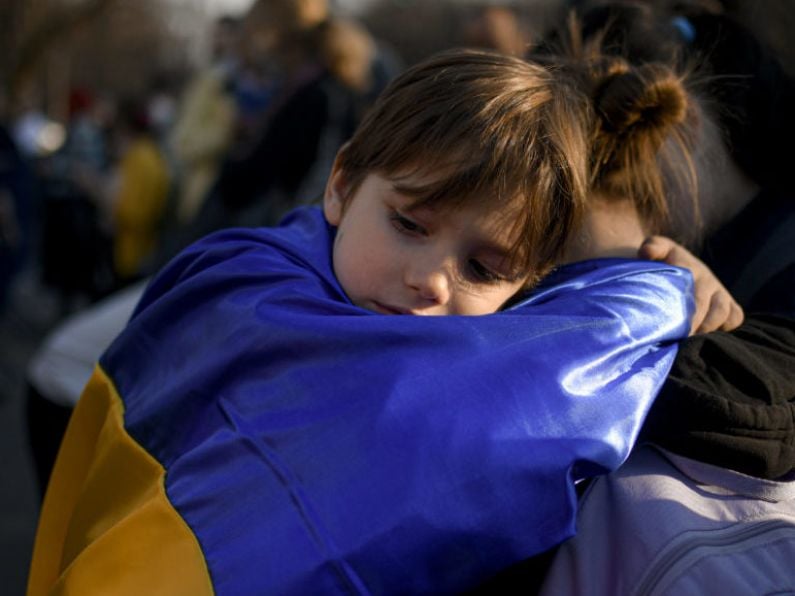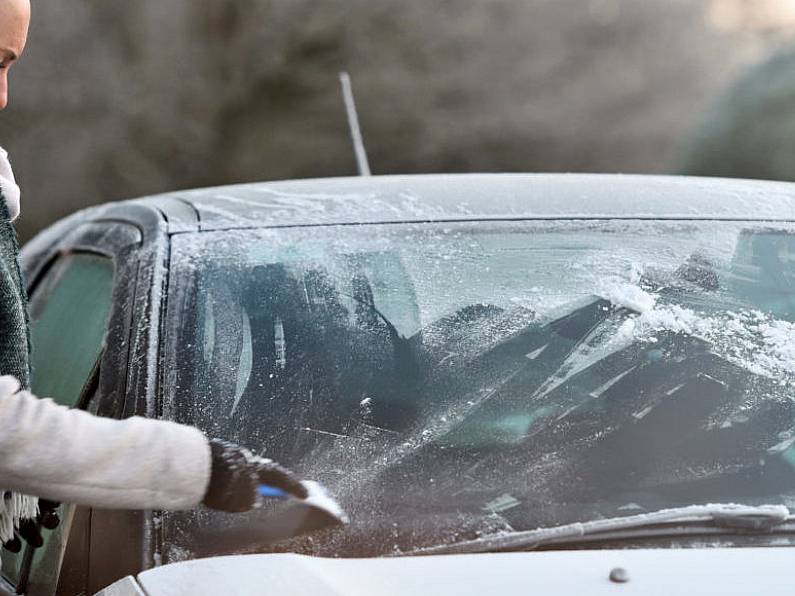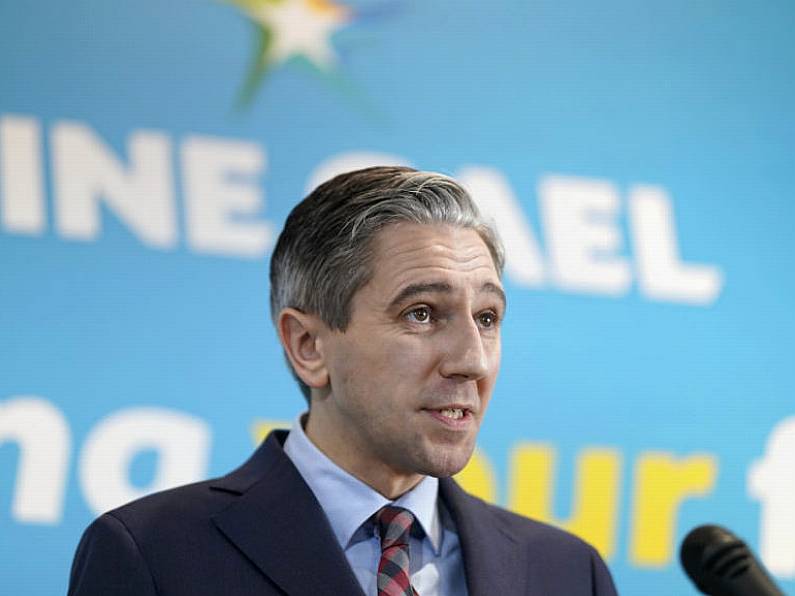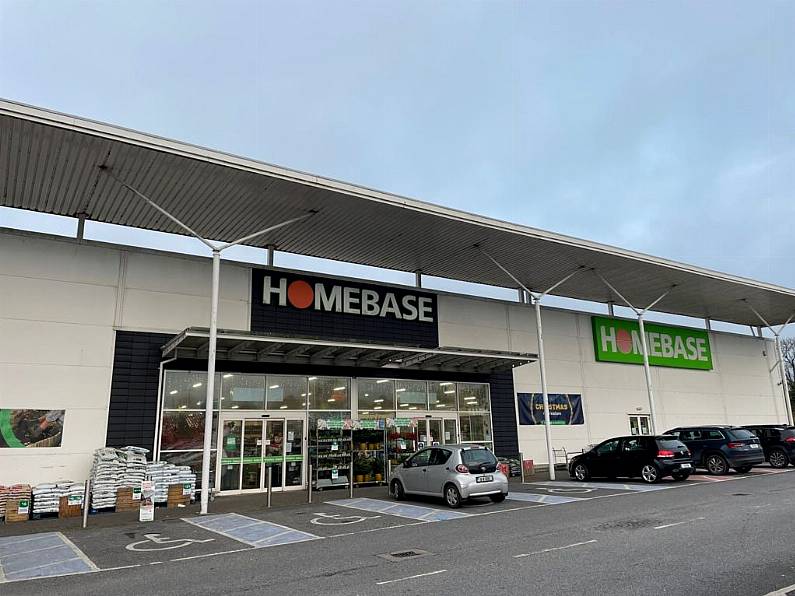Kenneth Fox
The Government has been told that less than half of the homes offered by the public for Ukrainian refugees is likely to be suitable.
To date, there have been 20,719 offers from the public, but the Government is working on the basis that between 40 per cent and 50 per cent of these will meet the requirements.
As the Irish Examiner reports, the Cabinet on Tuesday night discussed further details on the challenge of housing the more than 18,600 Ukrainians who have arrived in Ireland so far. Up to 32,000 are expected to have arrived by Easter weekend.
Two-thirds of all arrivals are women, and the remainder are mostly children, with the majority currently housed in emergency hotel accommodation.
The Government is in negotiations to use Citywest Hotel, Dublin, as a large base for refugees for up to two years, Cabinet was told.
Other options under consideration are a fully funded programme to refurbish and to relet 2,500 vacant local authority homes.
Accelerated reform of the nursing home support scheme, otherwise known as Fair Deal, to free up 8,000 unused private homes on a voluntary basis for rental, without financial penalty,
Rapid refurbishment
A national call to identify empty units for rapid refurbishment for emergency accommodation and potentially as permanent housing in the long term.
Accelerated building of new homes using emergency provisions in the Planning Act is also something that is being considered.
When asked why such measures could not be implemented for the housing crisis, a Government spokesperson said: “Some of these measures are quite dramatic.
“This is literally about taking emergency provisions. This is pretty drastic, an unprecedented situation when you’ve got a humanitarian crisis in Europe. This is over and above the normal kind of measures you can take in a normal domestic situation.”
The forecasted number of arrivals to Ireland by Easter is in the range of 26,000 to 32,000.
The Cabinet has been told that the Russian invasion of Ukraine poses challenges to the delivery of housing due to constraints on supply chains, the cost of materials, and inflation.
Since the war began, more than 4m refugees from Ukraine crossed borders into neighbouring countries and onwards across Europe.












